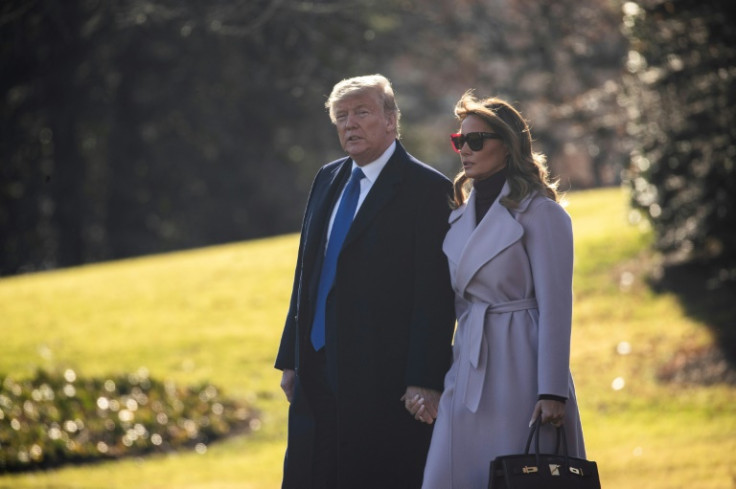Kennedy Center Opera House Could Be Renamed After Melania Trump - Real Or Not? The Answer Will Surprise You
The proposal passed a key House committee but still needs full congressional approval to take effect

A proposal to rename the Kennedy Center's iconic Opera House after First Lady Melania Trump has sparked international attention following a controversial vote in the United States House of Representatives.
The House Appropriations Committee approved the amendment, which aims to designate the venue as the 'First Lady Melania Trump Opera House'. The decision, part of the 2026 Interior Department spending bill, has triggered fierce debate and drawn a global reaction.
The Proposal and Its Origins
The amendment was introduced by Republican Representative Mike Simpson of Idaho. It proposes renaming the 2,347-seat Opera House within the John F. Kennedy Center for the Performing Arts in honour of Melania Trump. The venue, home to world-renowned opera and ballet performances as well as the annual Kennedy Center Honours, has never before been named after a living First Lady.
The effort is closely tied to recent political shifts in the Kennedy Center's leadership. In early 2025, Donald Trump assumed control of the institution's board of trustees, naming himself chair, Melania Trump as honorary chair, and Richard Grenell as interim president. Critics say the renaming is part of a broader Republican-led effort to realign cultural institutions with conservative values.
Is the Renaming Official?
While the amendment has cleared the committee stage, the proposed renaming is far from final. It must still pass in the full House of Representatives and then receive approval in the Senate, where it would require 60 votes to become law. Lawmakers could also remove or revise the amendment during negotiations.
Experts note that such naming changes are rare, especially when involving a living political figure. Most federal venues are named posthumously, often after decades of public service or bipartisan recognition. As such, the amendment's success is uncertain.
Public and Political Reactions
Reaction to the proposal has been swift and polarising. Republican backers argue that Melania Trump deserves the honour for her promotion of the arts during her tenure as First Lady. They also point to her role as current honorary chair of the Kennedy Center board.
However, Democrats, artists, and members of the public have denounced the move as politically motivated. 'The Republicans snuck in, I think, something that's slightly divisive, which is renaming one section of the Kennedy Center after a family member of this administration," said Rep. Chellie Pingree of Maine, as reported by CBS News.
One of the strongest rebukes came from a grandson of President John F. Kennedy, who publicly criticised the renaming as an affront to his grandfather's legacy. 'The Trump Administration stands for freedom of oppression, not expression. He uses his awesome powers to suppress free expression and instill fear. But this isn't about the arts,' he wrote on his Instagram account. 'Trump is obsessed with being bigger than JFK.'
Historical Context and Naming Precedents
Traditionally, U.S. cultural institutions are named to honour individuals posthumously and only after a sustained record of public service. The Opera House was originally dedicated in 1971 as part of the Kennedy Center's broader mission to celebrate American arts.
There is little precedent for renaming a major federal performance venue after a living First Lady, making the current proposal particularly unusual.
© Copyright IBTimes 2025. All rights reserved.





















